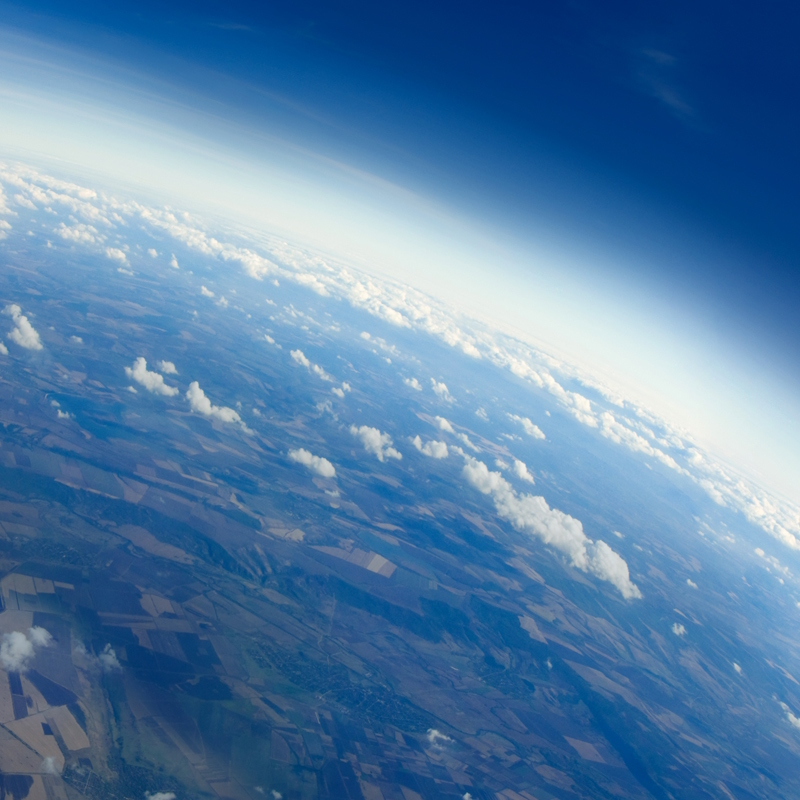The Royal Society and AAAS have jointly published a special issue of the journal Science & Diplomacy, marking 15 years since our landmark report, ‘New Frontiers in Science Diplomacy’, looking forward to the role of science diplomacy in a rapidly evolving geopolitical context, and featuring 21 diverse contributions from all continents.

At the start of this year, the Royal Society and American Association for the Advancement of Science (AAAS) called for submissions to a special issue of the journal Science & Diplomacy to mark 15 years since our original landmark joint report, ‘New Frontiers in Science Diplomacy’.1 We were delighted by the response to our open call and wish that we could have published work by everyone who submitted a proposal, as they offered important contributions. We hope to publish some of those perspectives in future issues of Science & Diplomacy.
Today, we are publishing a special issue featuring 21 contributions, with at least one from every continent (even Antarctica is covered in Wood-Donnelly and Gehrke’s article on science diplomacy at the poles). It reflects on the past 15 years, looks forward to the role of science diplomacy in a rapidly evolving geopolitical context, and we hope, includes a wide range of diverse voices and views. And we should stress, these are the authors’ views. Nothing in this special issue represents the view of the Royal Society or AAAS, and some perspectives here do not align with our own opinions on science diplomacy. What they do show, however, is the breadth and depth of interest in science diplomacy.
Since the 'New Frontiers in Science Diplomacy' report was published, there has been ongoing debate over how it framed the three pillars of science diplomacy: science in diplomacy, science for diplomacy, and diplomacy for science (for example, Gluckman et al.2 and Turekian and Gluckman3). We agree the 2010 framework was, of course, a product of its time, and welcome the perspectives in this issue that make a case for how the framework might evolve to reflect the changing nature of international relations and science diplomacy (Müller, Tyler et al., and Goveas & Sinha).
Another criticism of the 2010 report is its perceived bias toward the Global North. We are delighted, therefore, that this special issue contains a wider range of voices addressing the use and misuse of science diplomacy in the Global South (Morokong et al., Huete-Pérez & Hildebrand, Carrero-Martínez et al., and Mas-Bermejo et al.). And since our 2010 report did not focus on the role of industry and technology can play in science diplomacy, we are pleased to include a perspective from Reic et al. on AstraZeneca’s science diplomacy during the COVID-19 pandemic, and a piece from Swiss Ambassador Pitteloud, which addresses the dangers of some new technologies.
Where there is agreement across all the authors is that the world has changed since 2010. No submission, unsurprisingly, argued that 2025 will be much the same as 2010. From our view, one of the biggest changes since our first report is the increasingly conflicted and contested nature of the world around us. Both Dobko and Beldengrün et al.’s perspectives show that science diplomacy is not just some abstract concept that we debate in lecture halls or seminars but instead a very real aspect of these ongoing conflicts around the world.
The 2010 report also suggested there was a shared set of global values around the pursuit of scientific research, which may have been an overly optimistic viewpoint. Dawes et al. and Asano & Arimoto highlight how the global context in which scientists operate has changed, particularly around research security.
In the past 15 years we have also seen more and more global issues with a clear scientific aspect to them (for example, AI governance and climate change), and we have also seen a blurring of the lines between when an individual is acting as a scientist or a diplomat (as argued by Luo). There are also more actors involved in science diplomacy than ever before (highlighted by both Amigo Dotras et al. and Dufour). At the same time, science diplomacy remains at the heart of some of the most critical international negotiations, for example on the control and prevention of biological weapons (Rios Rojas et al.), with the international convention now nearly 50 years old.
Looking ahead, we also need to consider what challenges the next 15 years of science diplomacy will face. Generational differences are driving changes in perceptions and norms around science diplomacy—and around international cooperation more widely, as argued by Zhang. Spaces that were seen as neutral spaces for science and free from geopolitics are becoming increasingly contested (Wood-Donnelly & Gehrke). The need for nations to detail national science diplomacy priorities, as Colglazier describes for the United States, is more important than ever.
Science diplomacy is very memorably described in one contribution as a multi-lane intersecting highway (Jagadish & Separovic). We hope this special issue provides a helpful platform for contributors who are attempting to navigate its many junctions. And we hope our own contribution to this conversation equips readers with some useful signage and traffic signals along the way. In particular, this special issue of Science & Diplomacy is a key piece of work which rounds off a year of consultation that has brought together a diverse range of views and input. This will inform an update of the RS-AAAS science diplomacy report for its 15th anniversary in February 2025.
Endnotes
- The Royal Society and the American Association for the Advancement of Science (AAAS), New Frontiers in Science Diplomacy: Navigating the Changing Balance of Power (January 2010), https://www.aaas.org/sites/default/files/New_Frontiers.pdf.
- Gluckman, Peter et al., “Science Diplomacy: A Pragmatic Perspective from the Inside,” Science & Diplomacy 6, no. 4 (December 2017), https://www.sciencediplomacy.org/sites/default/files/pragmatic_perspective_science_advice_dec2017_1.pdf.
- Turekian, Vaughan and Gluckman, Peter, “Science Diplomacy and the Rise of Technopoles,” Issues in Science and Technology 41, vol. 1 (fall 2024), https://issues.org/science-diplomacy-technopoles-turekian-gluckman.



